Waste management has undergone a paradigm shift, moving from a focus on end-of-pipe solutions to integrated resource management. This continues to be discussed in the global policy arena, and it is featured in efforts including those aimed at promoting resource efficiency and sustaining growth within the limits of planetary boundaries. However, national and local governments in industrialising countries often face tremendous challenges in carrying out a resource-oriented approach to waste management.
In this regard, IGES Centre Collaborating with UNEP on Environmental Technologies (CCET) has been working with its counterparts in Asia, to support the development and implementation of national and city-level waste management strategies, enhancing technical and institutional capacities for guiding these actions in their own local context.
This session invites speakers from civil society organisations, governments and international agencies to provide an overview of the main issues concerning integrated waste management and share lessons learnt from activities on the ground in their respective countries, including Maldives, Myanmar and Japan. Speakers will also discuss opportunities and key challenges that governments and civil society face for mainstreaming the concept of resource efficiency into existing waste management policies and practices. The session also discusses the importance of strategic planning as a way to engage various stakeholders in efforts to foster sustainable societies including by setting shared goals and targets, raising awareness and advancing partnerships.
Director, UN Environment International Environmental Technology Centre
(UNEP-IETC)

Keith Alverson
Director, UN Environment International Environmental Technology Centre (UNEP-IETC)
Keith Alverson has been director of the UN Environment International Environmental Technology Centre in Osaka, Japan since July 2016. The centre serves as a global centre of excellence on environmentally sound technologies with a focus on waste management. Prior to that he served five years as the Coordinator of the Freshwater, Land and Climate Branch of UN Environment in Nairobi, Kenya. Prior to joining UNEP, Keith was Head of Ocean Observations and Services at the Intergovernmental Oceanographic Commission of UNESCO, in Paris, France. Keith has an Engineering degree and certificate in East Asian Studies from Princeton University (1988) and a Ph.D. in Physical Oceanography from M.I.T. (1995). He has over 100 publications including Resilience: The Science of Adaptation to Climate Change (Elsevier, 2018), Global Change and Future Earth (Cambridge, in press), and Past Global Changes and Their Significance for the Future (Elsevier, 2000).
Programme Manager, IGES Centre Collaborating with UNEP on Environmental Technologies (CCET)
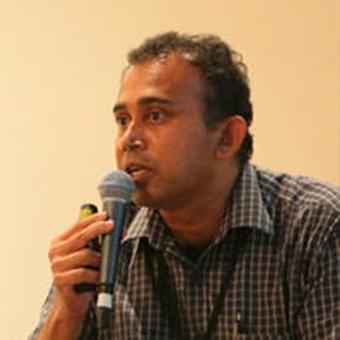
Premakumara Jagath Dickella Gamaralalage
Programme Manager, IGES Centre Collaborating with UNEP on Environmental Technologies (CCET)
Premakumara is a development planner, specialising in environmental planning and sustainable urban development. He obtained his Ph.D. in Management Development from the Nihon Fukushi University. After serving as a postdoctoral fellow at the Meijo Asian Research Center, Meijo University, he started working for IGES, Kitakyushu Urban Centre in Japan. At the Kitakyushu Urban Centre, he focused on participatory planning and community-based development in establishing sustainable cities. Currently, he works as a Programme Manager of the IGES Centre Collaborating with UNEP on Environmental Technologies (CCET) and provides technical support for developing countries in improving their waste management in more integrated manner to contribute in achieving pollution-free, resource-efficient and sustainable societies in Asia and the Pacific.
Deputy Minister of Environment and Energy, Ministry of Environment and Energy, Maldives
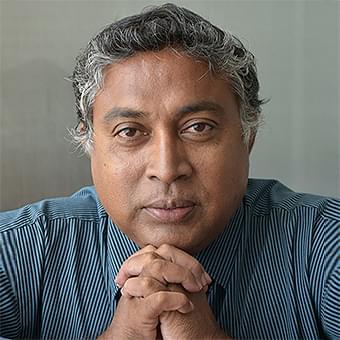
Ali Amir
Deputy Minister of Environment and Energy, Ministry of Environment and Energy, Maldives
Mr. Amir was appointed in June of 2014, by the President of the Maldives, as the Deputy Minister of Environment and Energy. Since then, he has been assigned the task of finding a solution the complex issue of waste management in the Maldives.
His key task in this position is to provide policy guidance and oversee the works of the Waste Management and Pollution Control Department of the Ministry of Environment and Energy.
Before being appointed to this position, Amir has worked in the field of Public Works, for over 22 years, and was the Director General of Public Works, in charge of the Public Works Department before he resigned in 2010.
Director, Environmental Conservation Department, Ministry of Natural Resources and Environmental Conservation, Myanmar
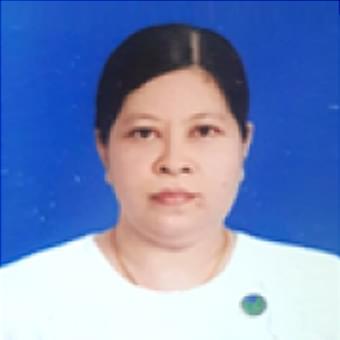
Khin Thida Tin
Director, Environmental Conservation Department, Ministry of Natural Resources and Environmental Conservation, Myanmar
Khin Thida Tin is currently Director of Yangon Region Environmental Conservation Department, Ministry of Natural Resources and Environmental Conservation (MONREC) in Myanmar. Prior to this, she was a Fellow with the National Commission for Environmental Affairs, where she earned a Postgraduate Diploma in Environmental Management from University of Adelaide, Australia on 14th July 1994. She previously worked at the National Commission for Environmental Affairs from 1992 to 2012. Her current projects include: Green Economy National and City Level Waste Management Strategy in Myanmar. She completed her Master’s Degree in Zoology from the University of Yangon in Myanmar. She has 24 years of work experience on environmental management. She participated in a number of international, regional, and local training programmes, seminars and conferences relating to the Environmental Management.
Executive Director, WE21 Japan

Yuki Morita
Executive Director, WE21 Japan
Having interested in world’s poverty issues, Ms. Morita learned international cooperation through NGO internships and graduate schools in Thailand during her college years. She joined WE21 Japan in 2007, and has served as the Executive Director since 2017. At WE21 Japan, she is engaged in the activities of "WE Shop" - a base for reuse and recycling of valuable resources through citizen participation, and assistance and awareness raising activities in the Philippines around the issues of natural resource exploitation.
Director, IGES Centre Collaborating with UNEP on Environmental Technologies (CCET)
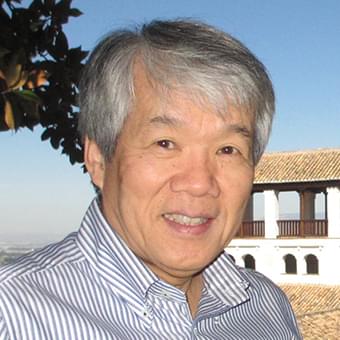
Moderator
Kazunobu Onogawa
Director, IGES Centre Collaborating with UNEP on Environmental Technologies (CCET)
Kazunobu Onogawa joined IGES in 2012 as a senior fellow. Before joining IGES, he was the Director of United Nations Center for Regional Development (UNCRD) between 2002 and 2011, and also served for IGES as a trustee member over this period. After graduation from Kyoto University in 1972 reading Environmental Engineering, he joined the newly established Environment Agency of Japan (current Ministry of the Environment, MOEJ) and worked for policy development for water quality management, EIA, transport management as well as global environmental issues in addition to coordination of environmental research activities of national research institutes of Japan. He had also worked for UNEP (Bangkok), IIASA (Vienna), National Institute for Environmental Studies (NIES), Regional Environment Center for Central and Eastern Europe (REC, Hungary) in addition to MOEJ and UNCRD.
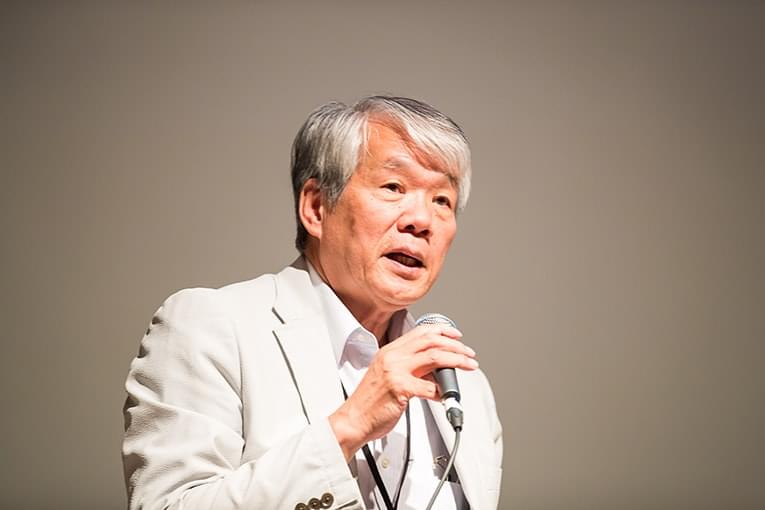
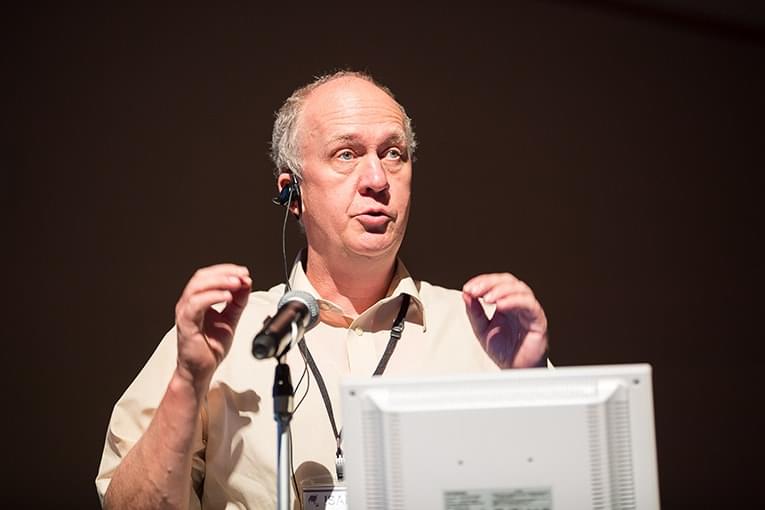
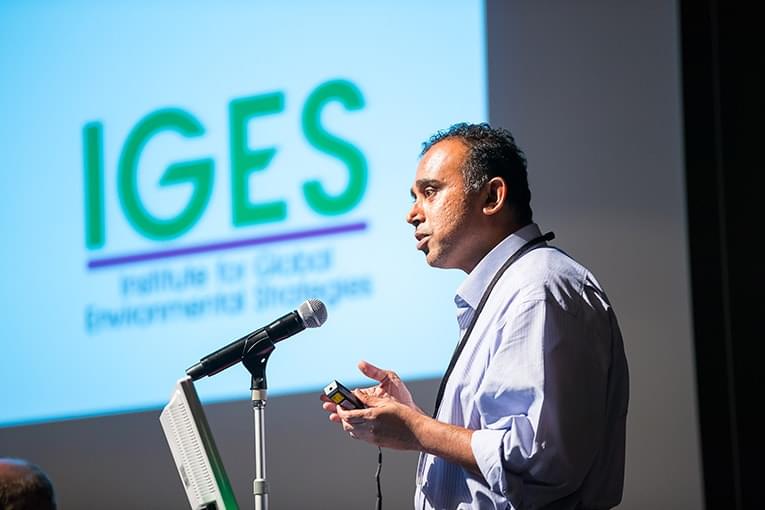
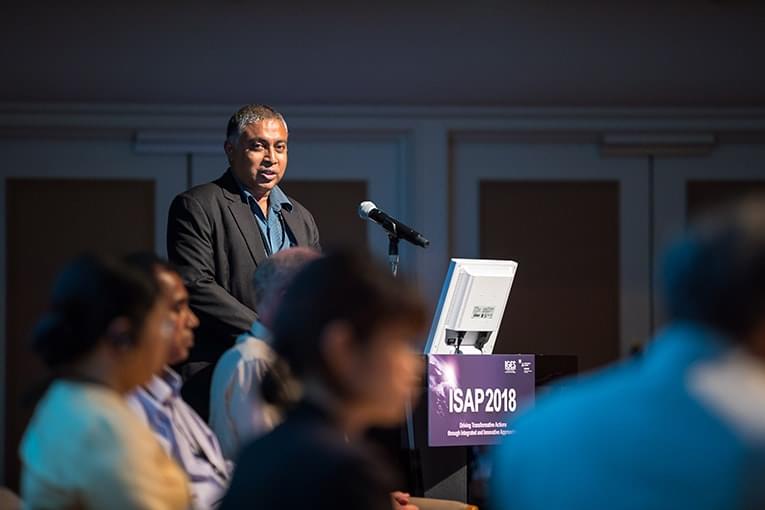
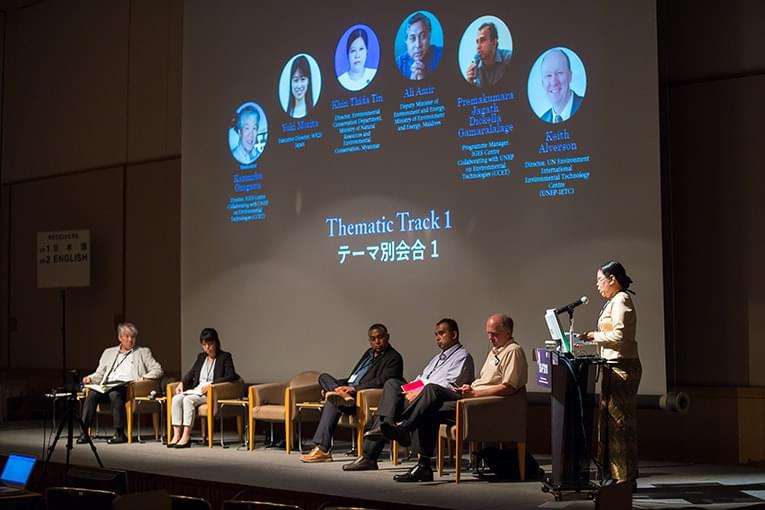
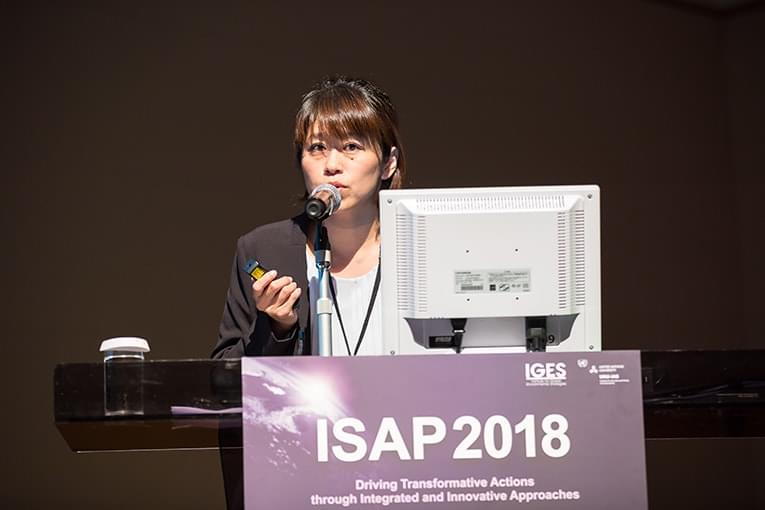
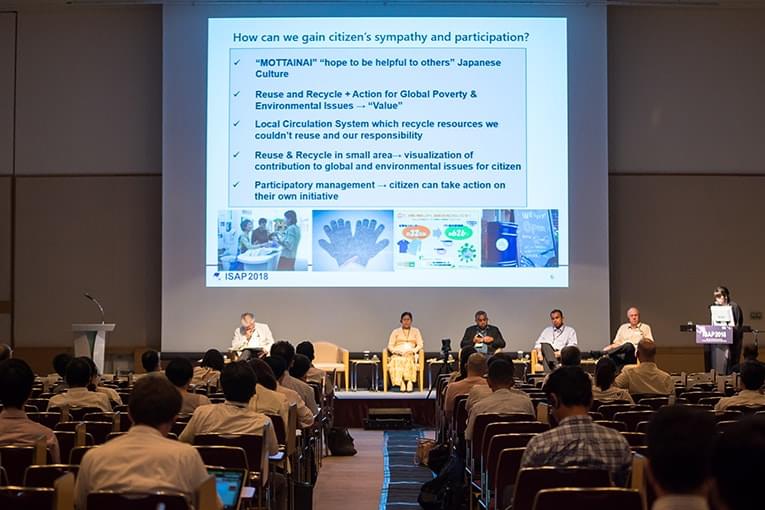
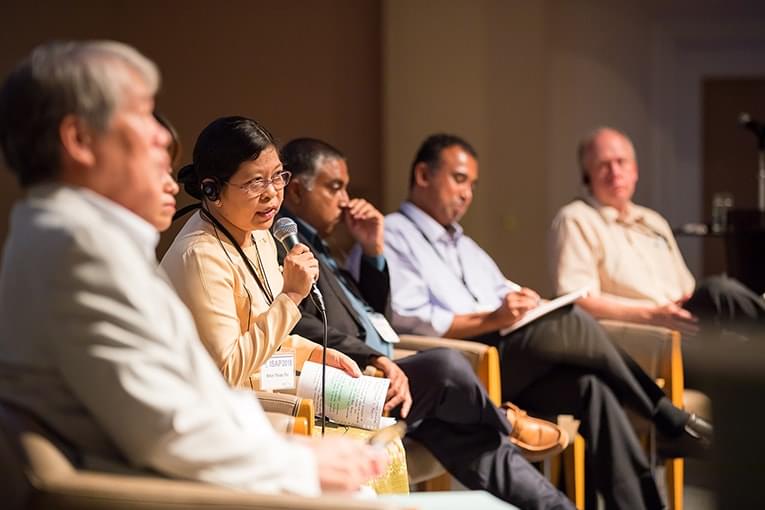
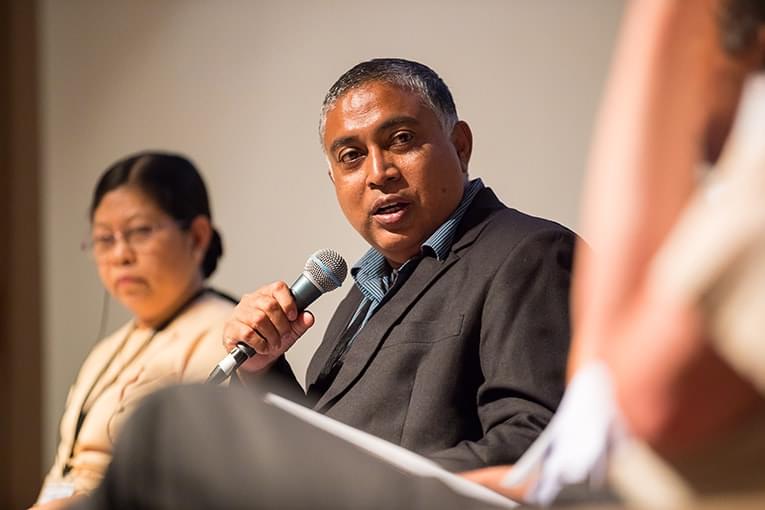
This session is now available as a webinar via the link below.